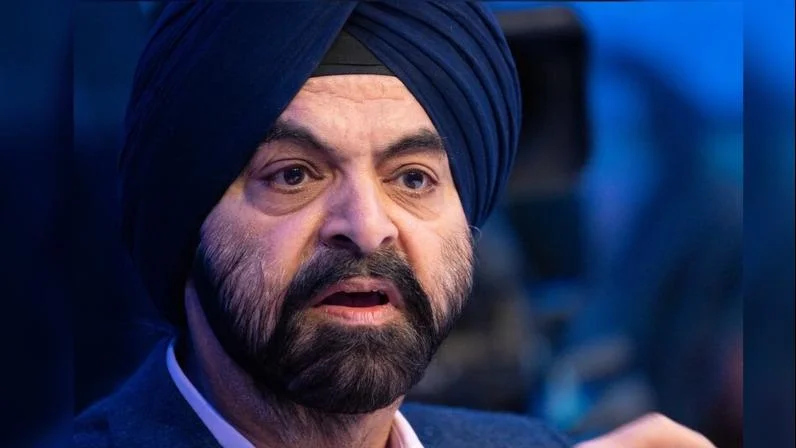The World Bank Board of Directors has approved a new financing package for the State of Rio Grande do Sul aimed at enhancing fiscal sustainability and public management efficiency. This initiative is part of the Fiscal Sustainability and Public Management Efficiency Program, known as the Progestão Program, which is available to all Brazilian states. The project aims to modernize governance structures to foster a more transparent and accountable government.
A total of $50 million has been allocated to Rio Grande do Sul under this program. The Progestão Program seeks to address fiscal challenges faced by Brazilian states due to high wage and pension costs, limited public investment planning, and inefficiencies in public expenditure that affect service delivery performance.
Structural reforms introduced by the program are intended to enhance transparency, accountability, and overall public administration efficiency. In Rio Grande do Sul, key areas of reform include human resources and pension management, public procurement, public investment and asset management, along with improvements in financial management across sectors such as education, health, and social assistance.
Johannes Zutt, World Bank Country Director for Brazil, stated: "Progestão signals the World Bank's long-term commitment to the Government of Brazil to support the coordinated efforts of federal and state governments to address complex and common reform challenges across Brazilian states." He added that in Rio Grande do Sul, "the project will help the state implement critical reforms that will optimize public expenditures and strengthen governance for more resilient state institutions."
Key highlights of the program include comprehensive government management systems aimed at optimizing expenditures and improving transparency; strategic sectoral investments focused on better financial management within health, education, and social assistance sectors; as well as strengthening project and change management capacities.
Aligned with Brazil’s economic reform agenda, this initiative represents a significant step toward achieving more efficient and sustainable public administration both in Rio Grande do Sul and other participating states.
For further information:
Brasilia Contact: Sidrônio Henrique (sgomesdearaujo@worldbankgroup.org)
Washington DC Contact: Yuri Szabo Yamashita (yszaboyamashita@worldbank.org)

